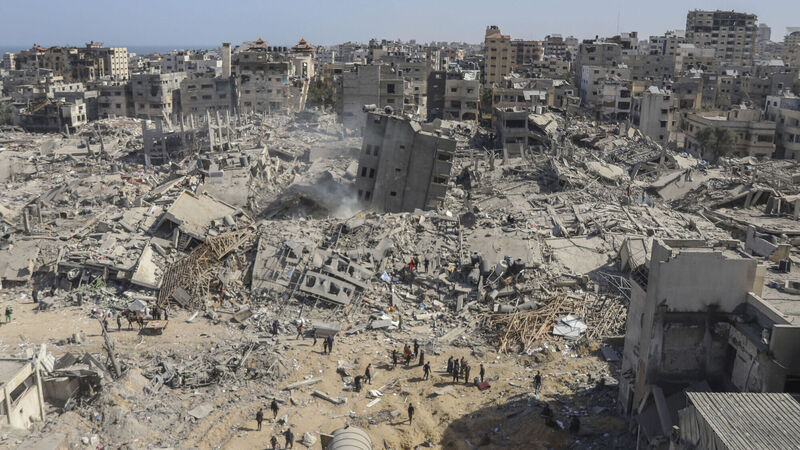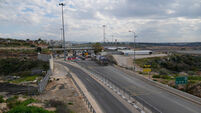Letters to the Editor: UN calls for temporary pause but what Gaza needs is a permanent ceasefire

A photo taken on Monday of the destruction left in and around the Shifa Hospital by the Israeli air and ground offensive on the Gaza Strip. Picture:Mohammed Hajjar/AP
Last week, the UN Security Council — after nearly six months of unspeakable carnage in Gaza — eventually passed a resolution calling for an “immediate ceasefire”, following a decision by the US not to exercise its veto, as it had done in October, December, and February.
Of course, the US abstention did not stop its representative, Linda Thomas-Greenfield, from attempting to undermine the resolution — mendaciously suggesting that it has no binding force.











